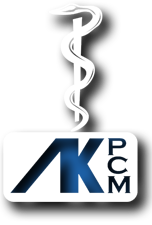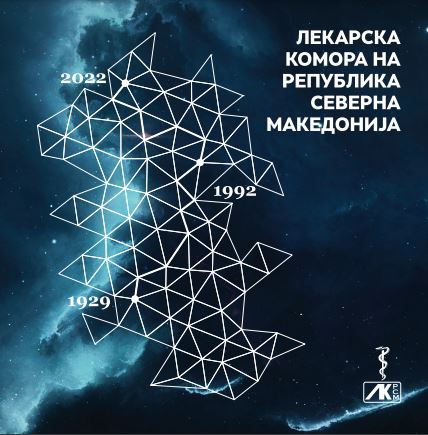Panel discussion at the Doctor’s Chamber: The specialization system needs to be reformed
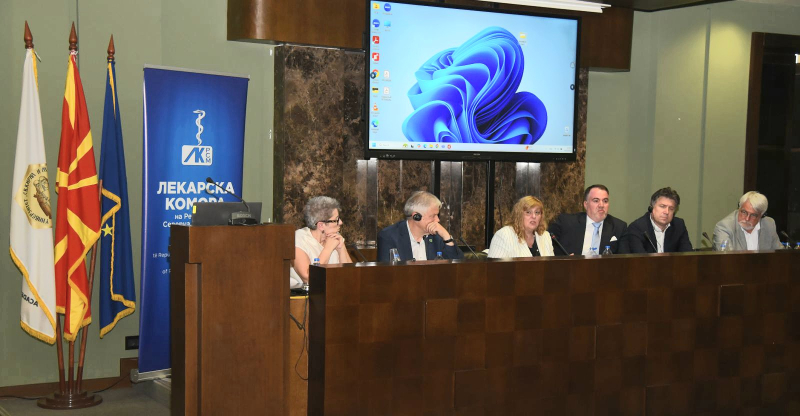
The Doctor’s Chamber organized a panel discussion today on the topic "International Experiences in Postgraduate Education of Doctors", where programs and methods of organization for specializations in our country were discussed, with comparisons how these procedures are organized in Germany, Croatia, and Serbia. Resulting from the presented information and the discussions, the necessity for reforming the specialization system in our country was identified in order to produce healthcare personnel that will provide optimal functioning of healthcare institutions and well as quality healthcare to the population.
"Fifteen years have passed since the higher education system has been aligned with the Bologna Process, which is a significant period that has given us enough time to assess its implementation and the achieved results. To comprehensively evaluate our experiences in comparison with the current needs of both colleagues and patients, we have closely collaborated with the doctor’s chambers from other countries. This joint effort will enable a detailed analysis and comparison of our current specialization programs," emphasized the President of the Chamber, Prof. Dr. Kalina Grivcheva Stardelova.
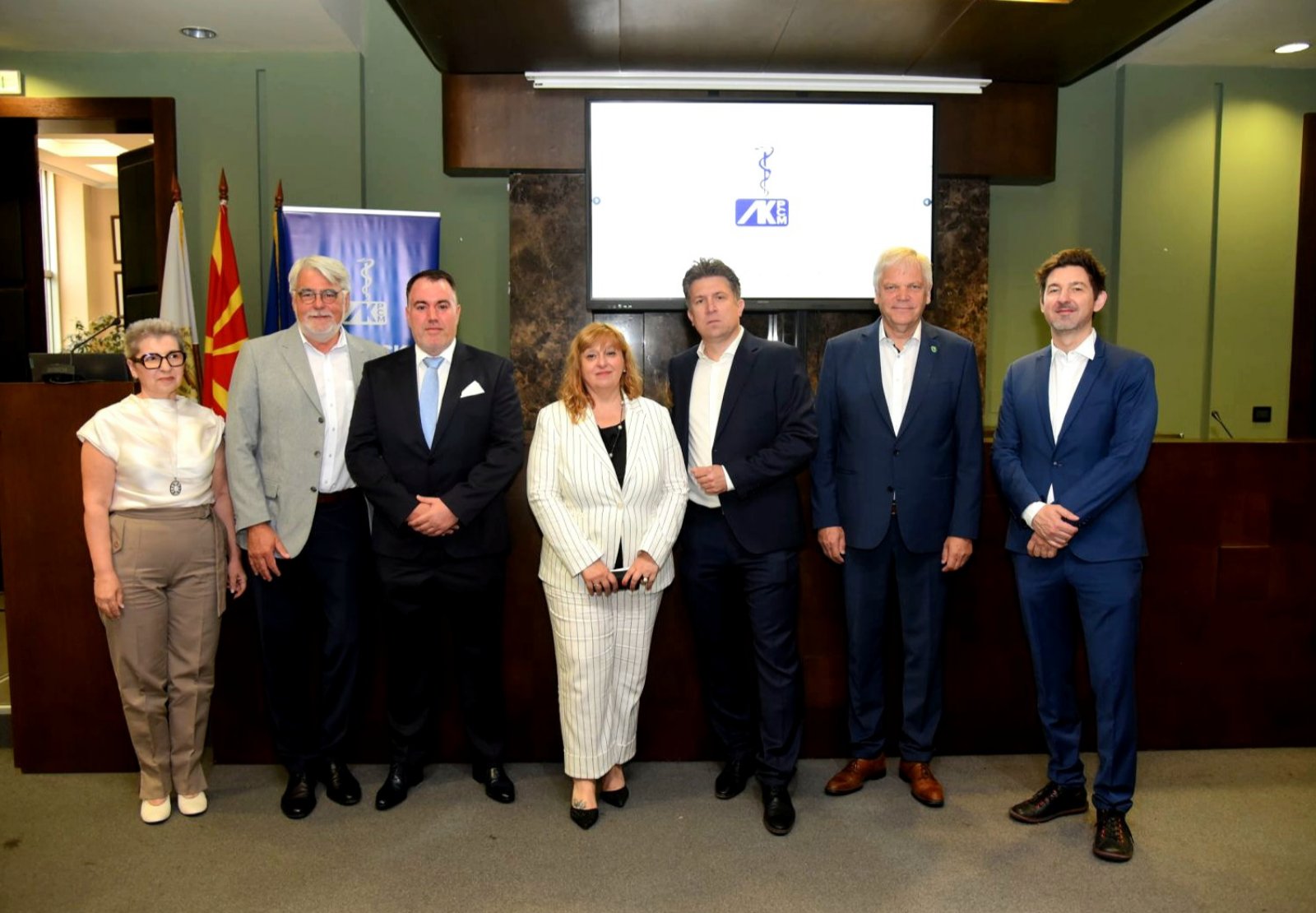
She pointed out that the current system of specializations in our country is more suitable for tertiary healthcare institutions, since it creates a narrowly specialized medical staff that can provide consultation with another specialty should the need arises. However, when it comes to hospitals that provide secondary level health protection, it is necessary for the specialists not to be too narrowly specialized so that they can respond to a greater number of healthcare services required by patients.
The way specializations are currently organized hinders doctors in their daily work. We have received reactions from our colleagues who are paediatricians that in a case a doctor is a subspecialist in paediatric pulmonology, s/he can only work in this narrow specialty and prescribe medications only for that specialty, and not for the broader specialty of pediatrics," said Prof. Dr. Grivcheva Stardelova.
Regarding the retention of the young medical staff, the President of the Chamber pointed out that these doctors should be employed immediately after completing their medical education, to be given the opportunity for further education, and to receive appropriate financial incentive.
Prof. Dr. Marija Vavlukis, Vice Dean for Education at the Faculty of Medicine of the University 'Ss. Cyril and Methodius', presented the existing system of organization of specializations in our country.
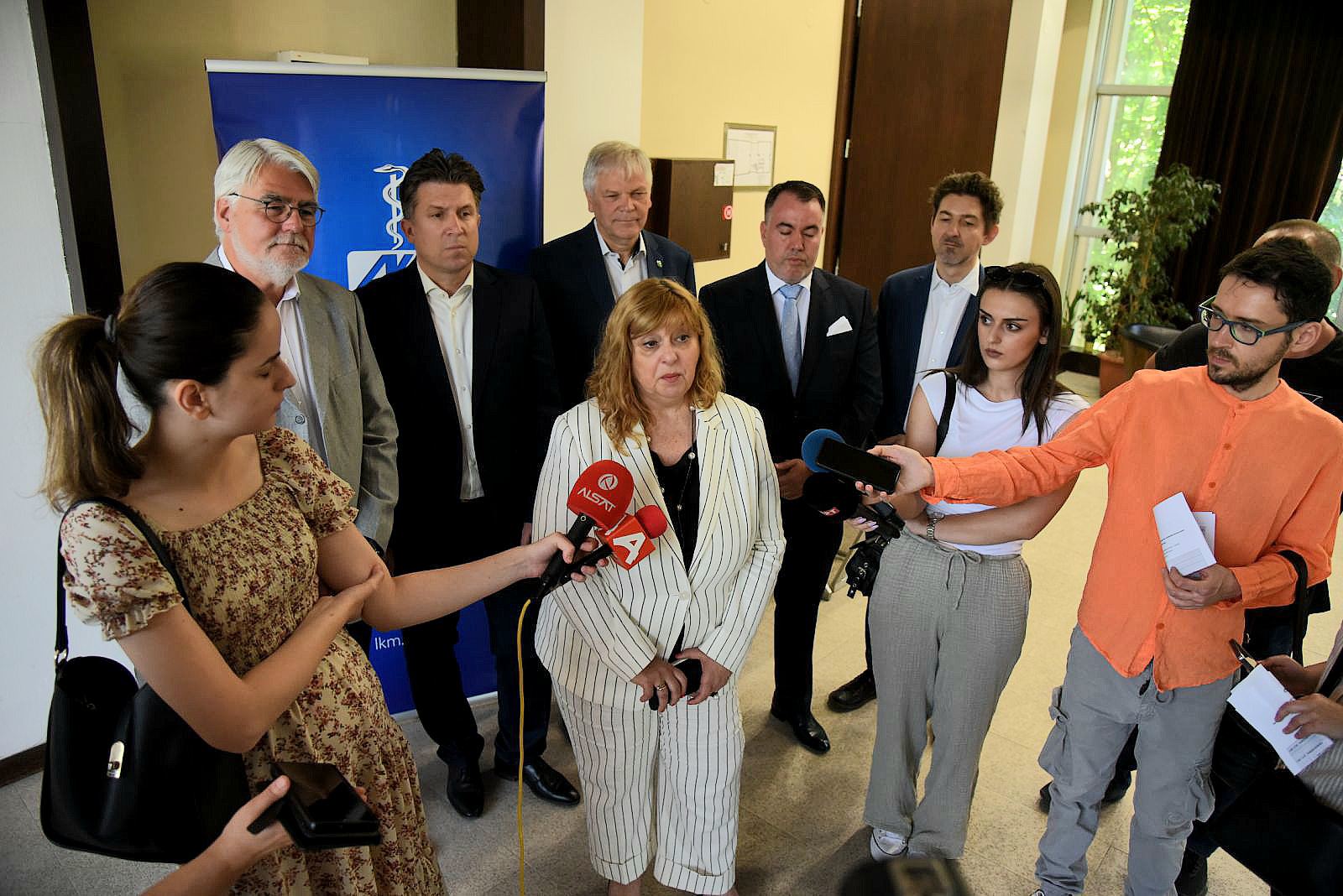
This discussion has shown that within the framework of the reform of specializations, a 10-year plan for the requirements of healthcare staff should be adopted, and the new specializations should be planned according to the needs identified in that document. The politicization of healthcare system was also emphasized as a serious problem.
Dr. Ivan Raguz from the Croatian Doctor’s Chamber pointed out that they have been running a campaign to reform the specializations already for several years.
"We stand for modifications because the young doctors are not satisfied with the way they are organized at present. We demand that there should be a national program for planning of specializations, that they should be funded from the state financial sources rather than through the hospitals, that there should be a registry of institutions where specialists will be trained, that the quality will be controlled, and that evaluation of progress should be conducted. A working group has been created in the Ministry of Health which also includes members of the Chamber," emphasized Dr. Raguz.
The representative of the Doctor’s Chamber of Serbia, Dr. Milan Dinić, explained that although the implementation of the Bologna system in the organization of specializations had begun in his country, due to inadequate results from its realization, in 2021 they have restored the old system that was in practice until 2010.
Unlike our situation, where the Ministry of Health and medical faculties are authorized for the specializations, in the state of Germany, this role is given to the regional doctor’s chambers, which are authorized to develop curricula and regulations for the training of specialists, explained the representatives of the German Medical Association, Prof. Dr. Henrik Hermann and Dr. Johannes Gehle. The regulations for specialists training are adopted by the Assembly of the German Medical Association, which is the representative body of all doctors in Germany.
The conclusions resulting from this entire debate will be delivered to the Ministry of Health, the medical faculties, and the other parties involved.
